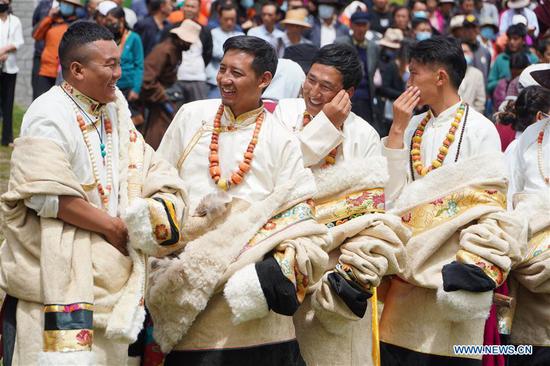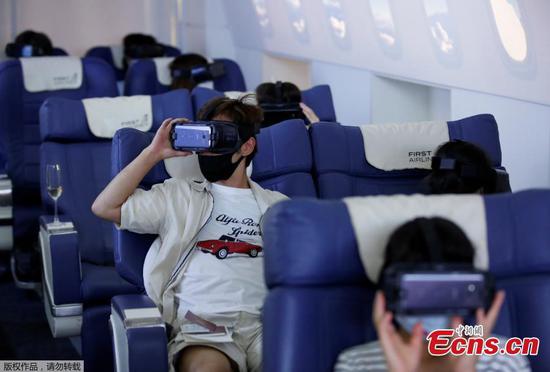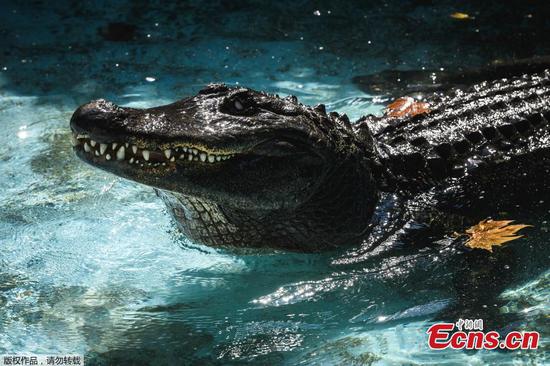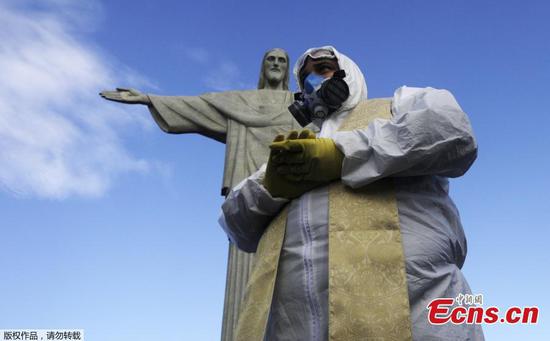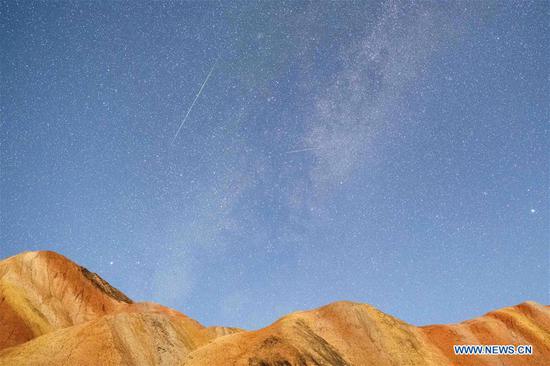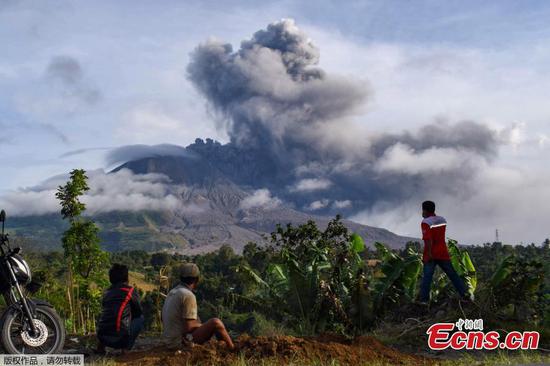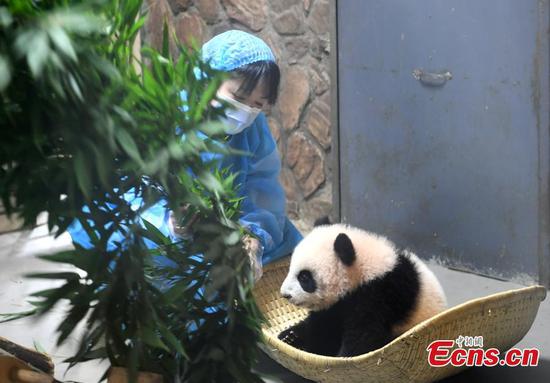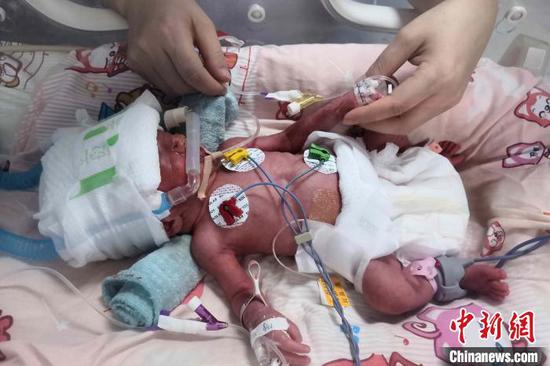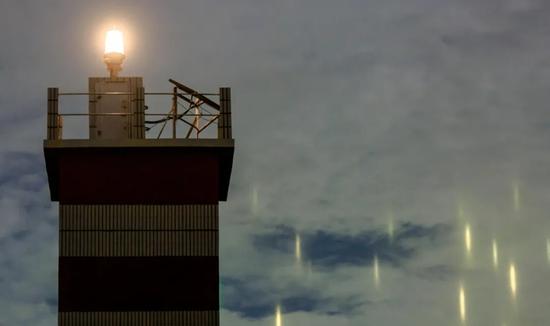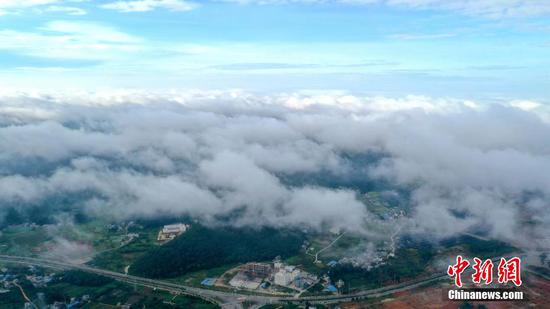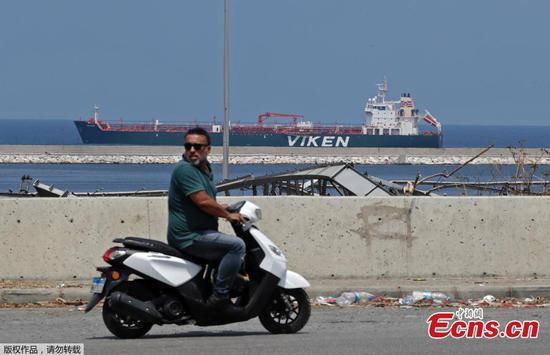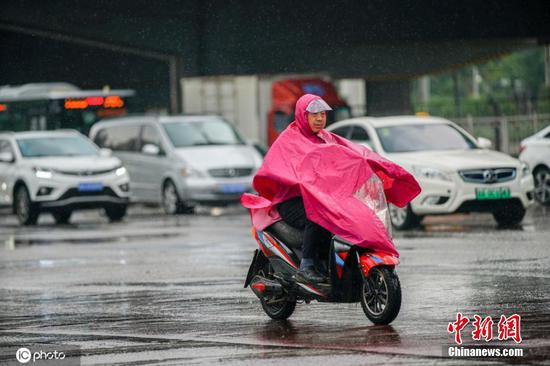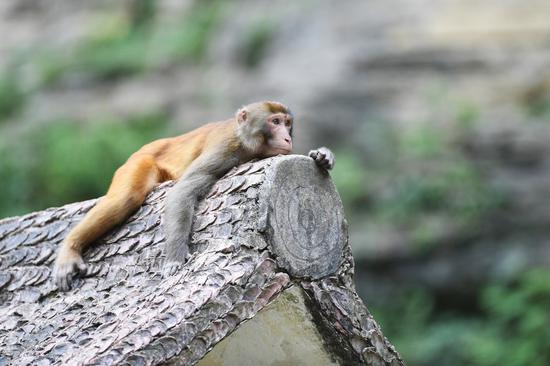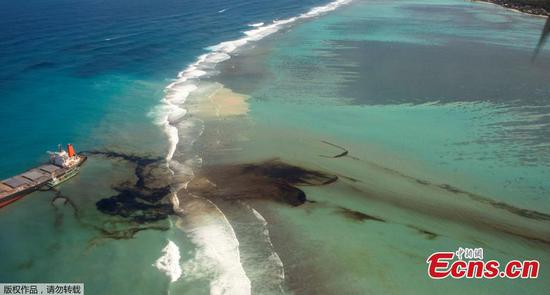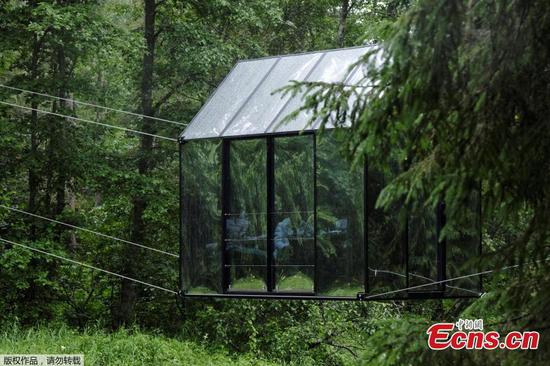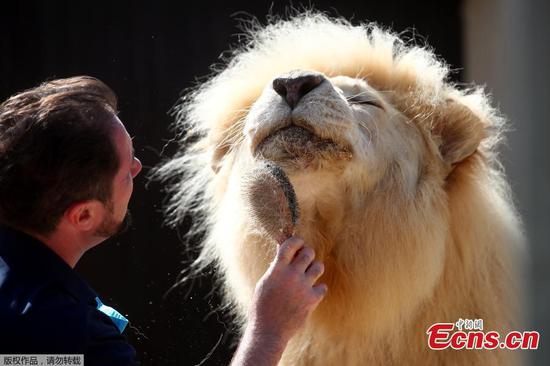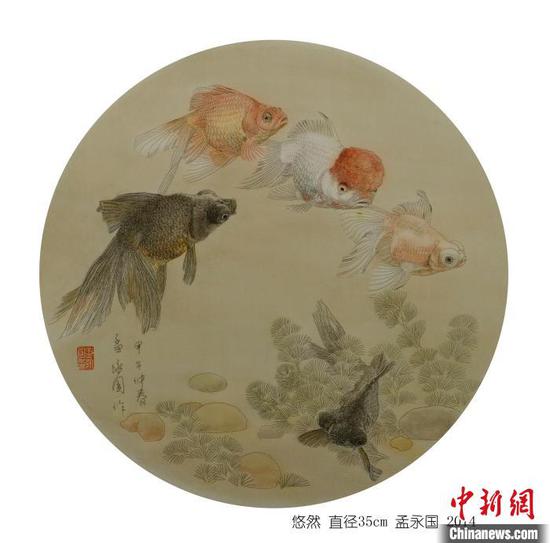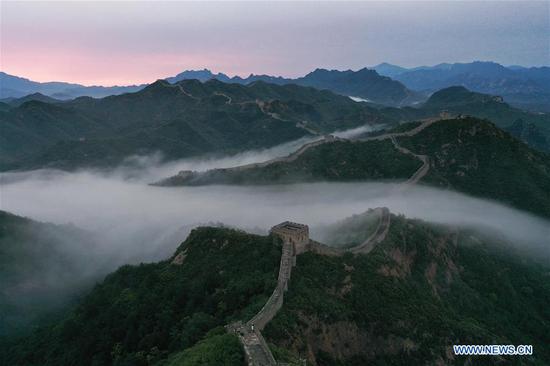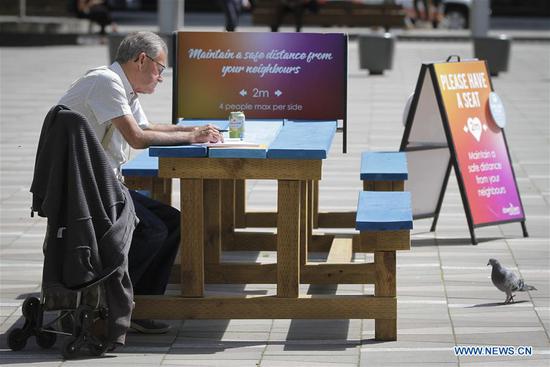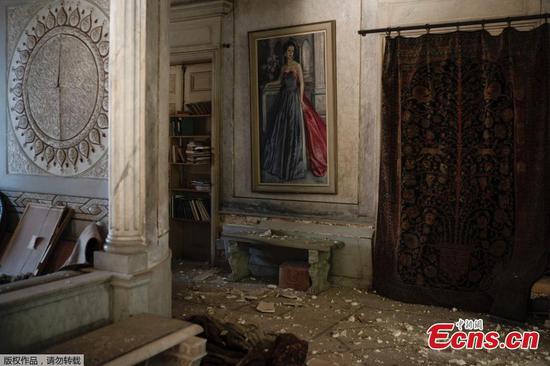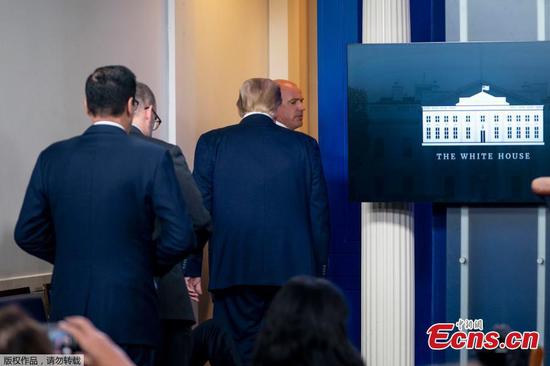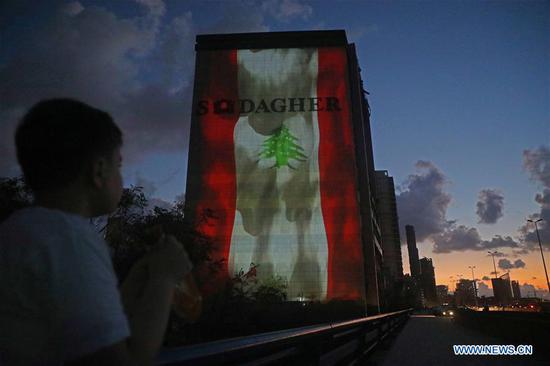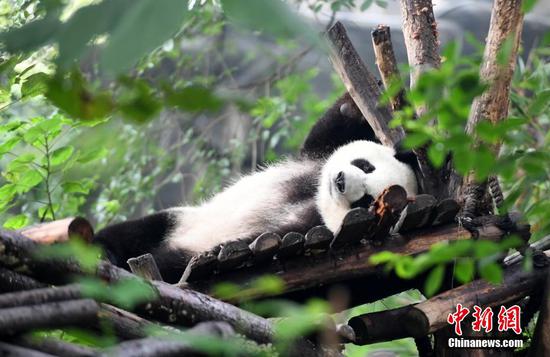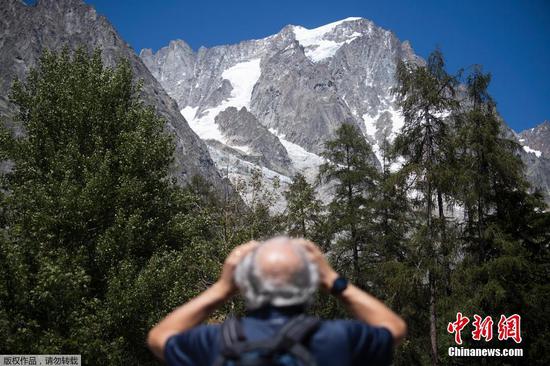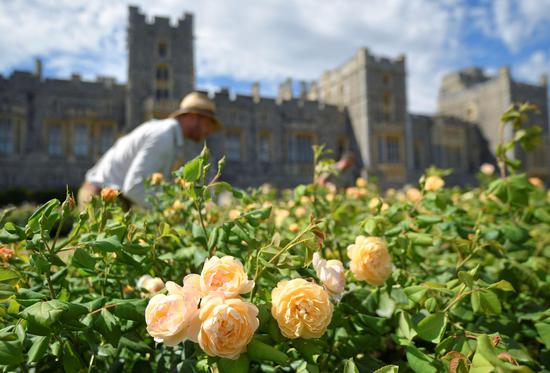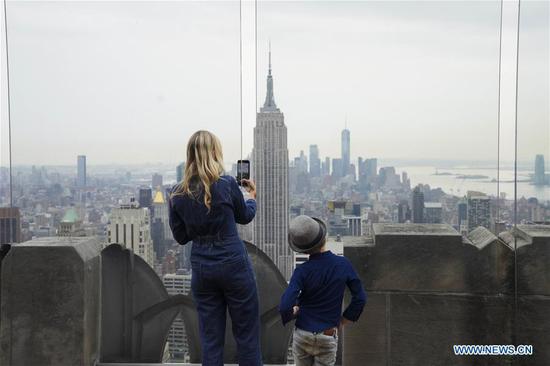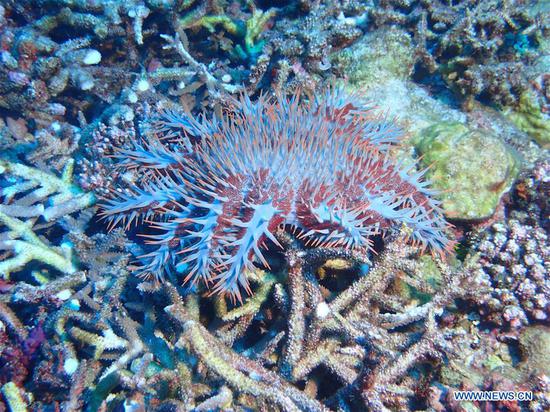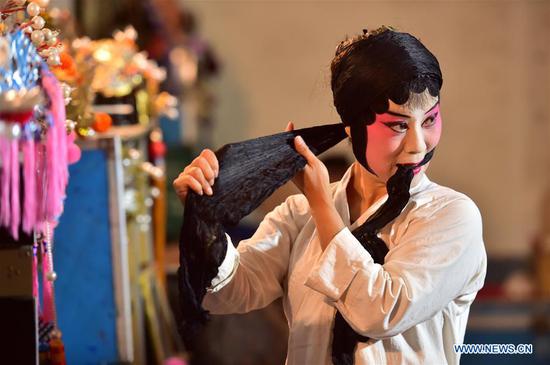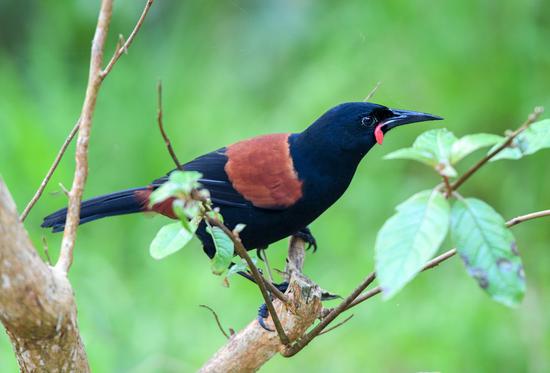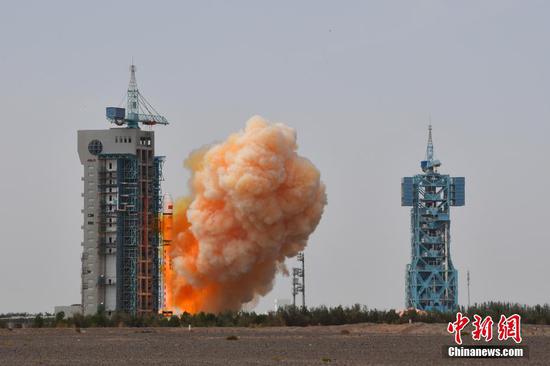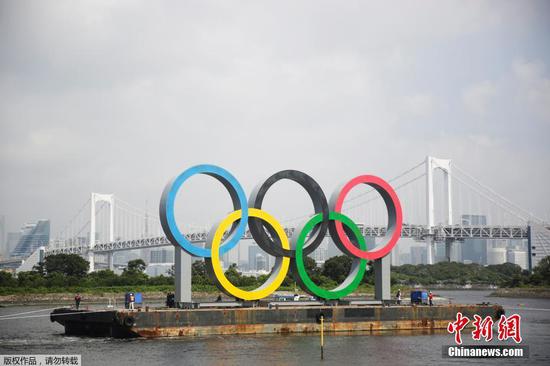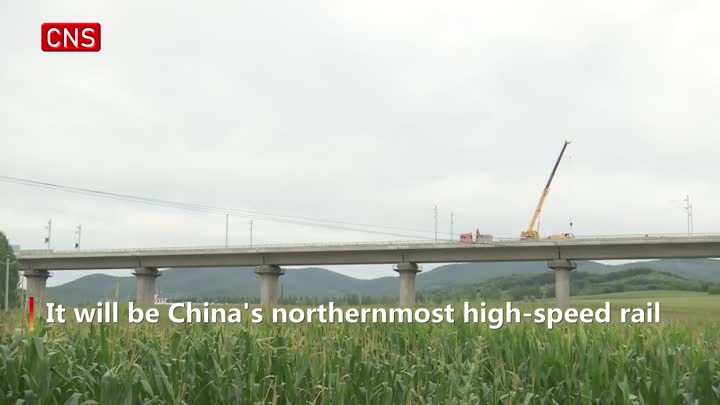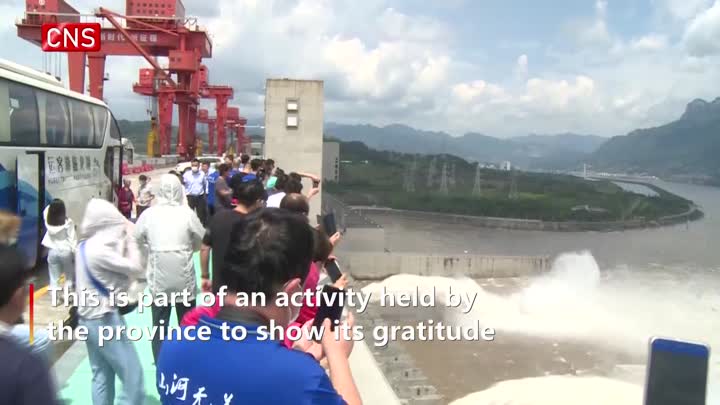Japanese Prime Minister Shinzo Abe sent a ritual offering to the war-linked Yasukuni Shrine on the 75th anniversary of Japan's defeat in World War II on Saturday but refrained from a personal visit, according to a ruling party lawmaker.
At least two cabinet ministers visited the shrine, which honors 14 Class-A convicted war criminals among 2.5 million Japanese war dead from WWII and is seen by neighboring countries as a symbol of Japan's past militarism.
Japan declared unconditional surrender on August 15, 1945, marking the end of WWII.
"I came to deliver a message from (ruling Liberal Democratic Party) President Abe that he paid his respects from the heart to the war dead and prayed for the rest and permanent peace of their souls," said ruling party lawmaker Shuichi Takatori, who made the offering on Abe's behalf.
Abe has not gone to Yasukuni in person since a December 2013 visit that outraged China and South Korea, but he has sent offerings via an aide.
Environment Minister Shinjiro Koizumi, 39, often floated as a future premier, visited the shrine, as did Education Minister Koichi Hagiuda, a close Abe ally.
The controversial Shinto shrine has long been a source of diplomatic friction with Japan's neighbors because it honors convicted war criminals together with the war dead.
In April, Abe sent a ritual offering to the shrine on the first day of the two-day spring festival, and the "masakaki" tree offering was made in the name of the prime minister.










